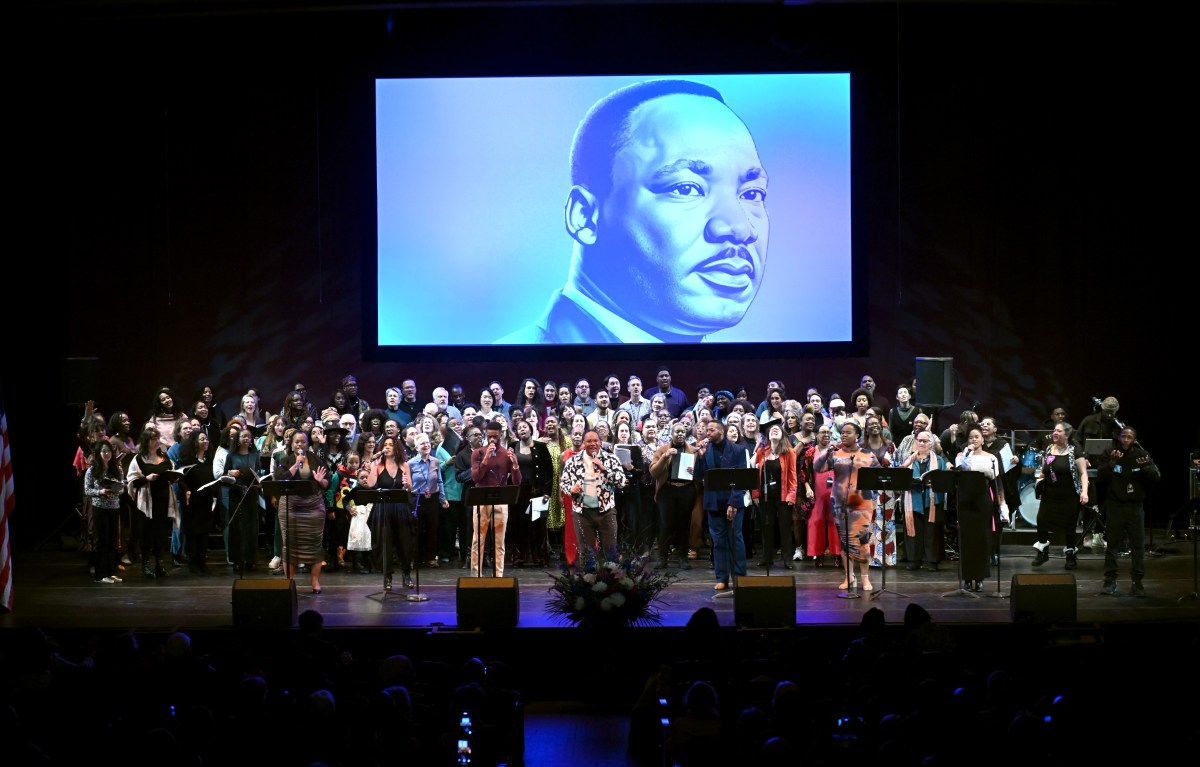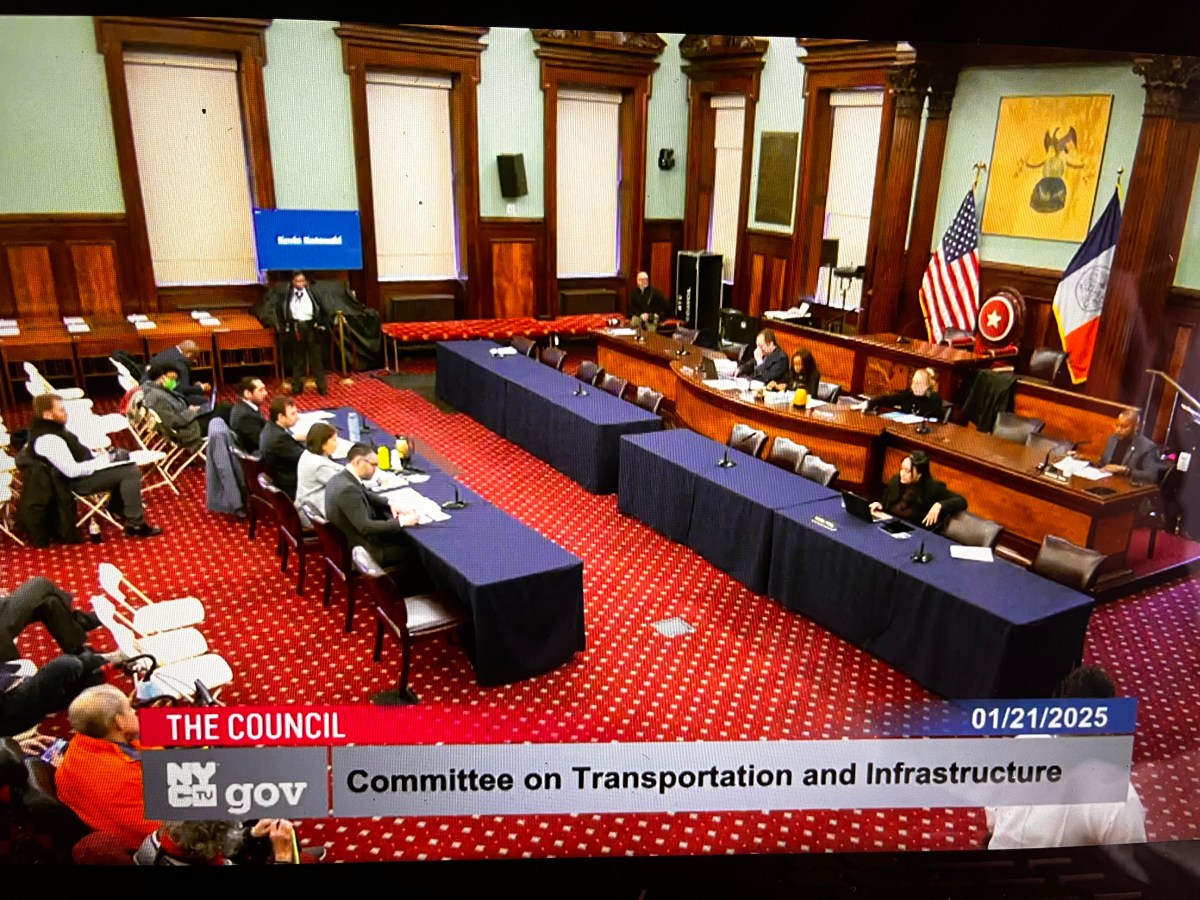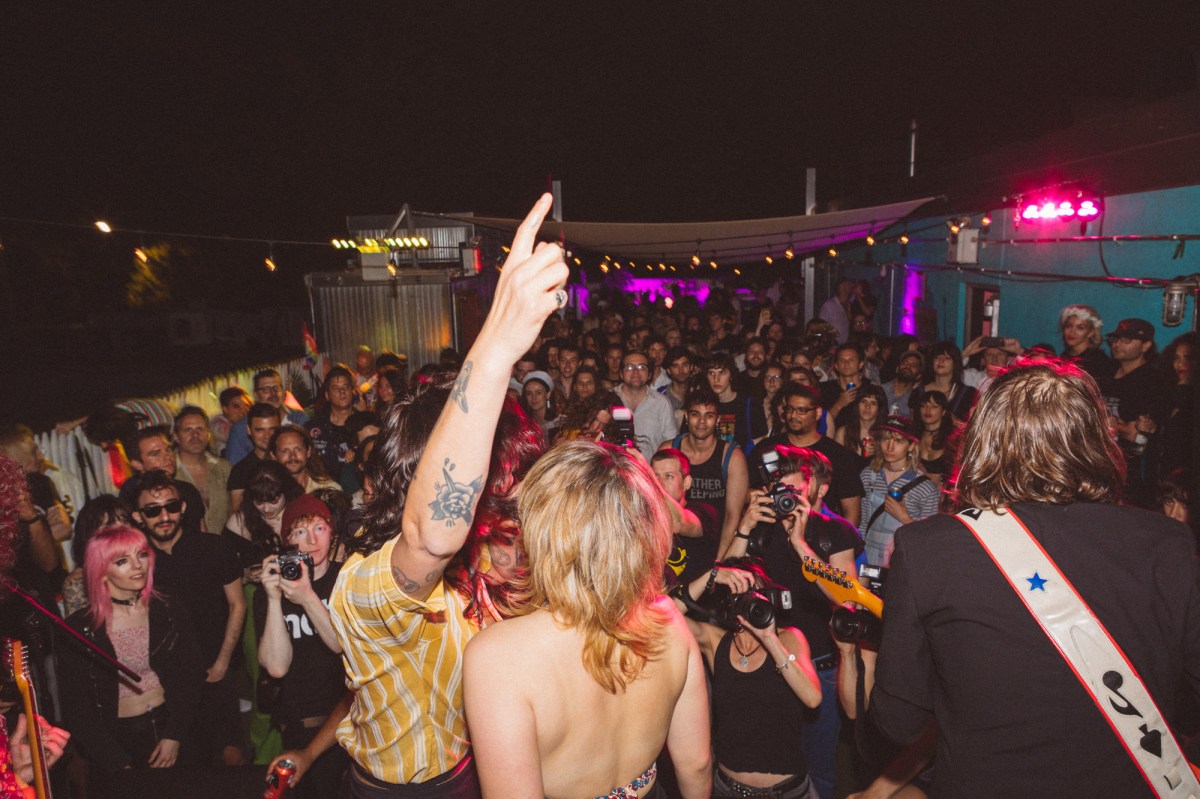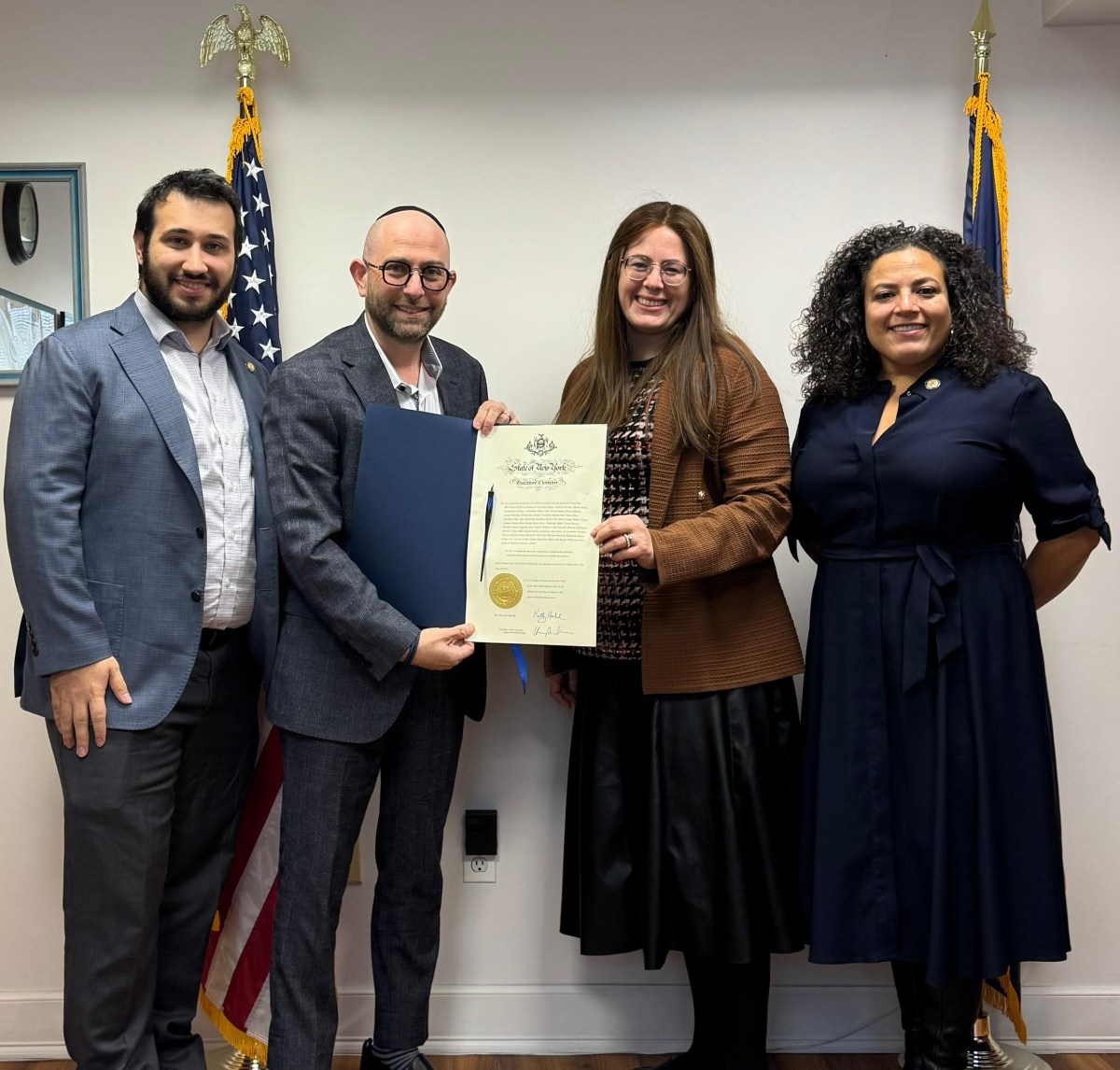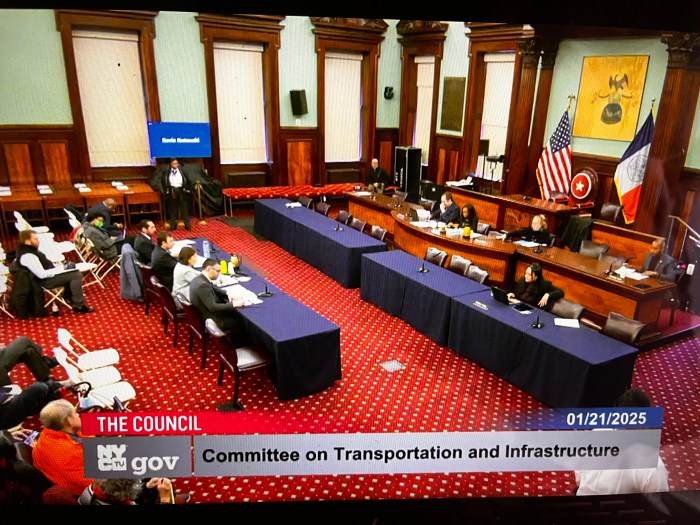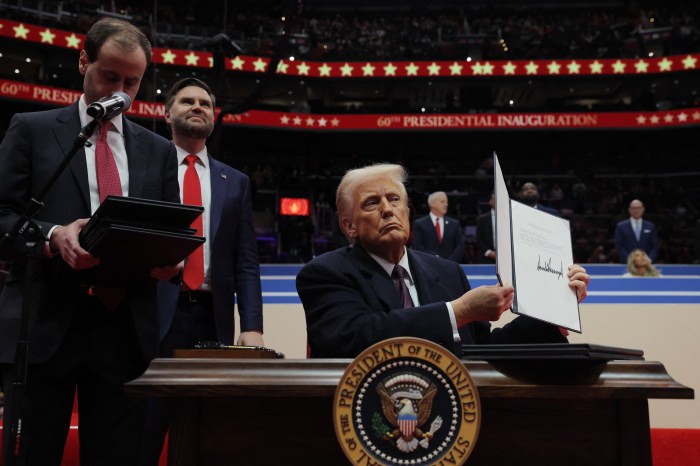If you go: “Torch Song” plays through Dec. 3 at the Tony Kiser Theater. 305 W. 43rd St., 2st.com.
Following an extended absence from the stage, nightclub entertainer Virginia Ham (the onstage alias of young drag performer Arnold Beckoff) is back.
“Torch Song Trilogy,” Harvey Fierstein’s openhearted but unwieldy 1980s comedic drama about Arnold’s exasperating experiences with romance and family (which originated off-off-Broadway and went on to play 1,222 performances on Broadway), is receiving its first major New York revival, produced off-Broadway by Second Stage and directed by Moisés Kaufman (“The Laramie Project”).
Starring as Arnold Beckoff (a role that the gravelly voiced Fierstein originally played both onstage and in the well-crafted 1988 film version) is Michael Urie (“Ugly Betty”), who is joined by Oscar winner Mercedes Ruehl (“The Fisher King”) as his abrasive, stereotypically Jewish mother.
Fierstein has cut the combined length of the show (which is made up of three one-acts) from four hours to just under three hours with a single intermission. The title (which connects Arnold’s unrequited love with the sad and emotional songs he performs in drag) has also been cut down to simply “Torch Song.”
The first act (“International Stud”) introduces the high-energy, highly sensitive, self-deprecating Arnold as he is getting into costume backstage and then observes his romantic misadventures with the bisexual Ed (Ward Horton).
This is followed by “Fugue in a Nursery,” where Arnold and his new boyfriend Alan (Michael Rosen) pay a disastrous weekend country house visit to Ed and his new wife Laurel (Roxanna Hope Radja).
The third, and most substantial, act (“Widows and Children First!”) observes the long-delayed confrontation between Arnold and his estranged mother, who objects to her son’s adopting a troubled gay teen (Jack DiFalco) as well as his unapologetic embrace of his sexuality.
In a stunning and unforgettable climax, Arnold forcefully tells his mother that he is strong and self-resilient, and that despite his love for her, she has no place in his life if she cannot respect him.
Urie masterfully combines his nimble comic abilities with an exposed vulnerability. His scenes with Ruehl (in combative mood) make for compelling and relatable family drama.
When a historically significant play about gay life and social issues (from pre-Stonewall to the AIDS crisis to gay marriage) is revived, the inevitable question arrives of whether the play has the durability to sustain new productions (like “Angels in America”) or if it is likely to remain an artifact of its time (for example, “The Boys in the Band”).
With its clunky plot developments and uneven structure and pacing, “Torch Song” probably falls into the latter category, but it was well worth a second look. Kaufman’s production contains some genuinely beautiful moments and excellent performances all around.
It’s worth noting that the musical “La Cage aux Folles” (which premiered in 1983 with a book by Fierstein) contains many of the same elements and themes as “Torch Song,” including drag performance, gay parenting and facing intolerance. Regardless of whether “Torch Song” continues to be revived, it lives on through “La Cage.”





